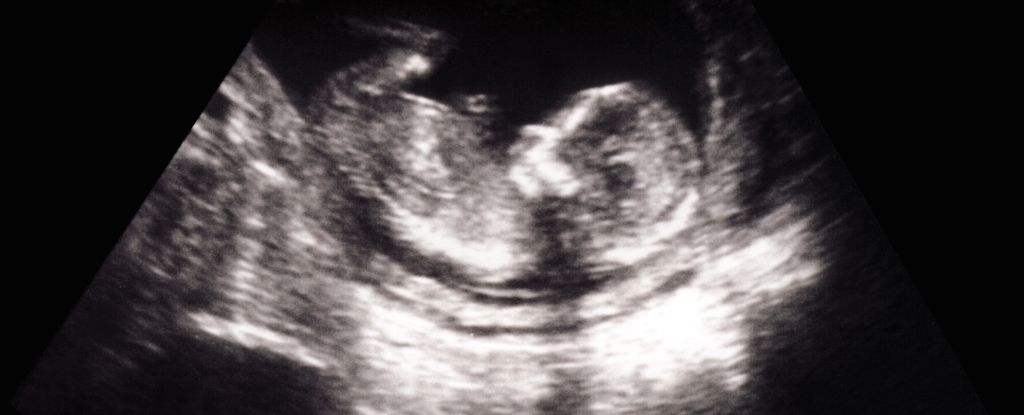For more than a centurythe uterus was largely viewed as a sterile environment. But even today, with advanced medical technology, researchers cannot agree on whether the placenta and the amniotic fluid that bathes a fetus are truly sterile or not.
Some scientists claim to have recognized Signs of microbial life in fetal specimens in recent years. This has led them to argue that the human microbiome — the community of bacteria, fungi, and archaea that live on and inside us — is present before birth.
Others disagree. According to a group of researchers from North America, Europe and the UK, such studies are based on contaminated samples.
The microbes detected in earlier findings, the authors arguewere unintentionally introduced to the scene either after a vaginal delivery or during a clinical procedure to remove a fetus or samples of its DNA.
Even the idea of a fetal microbiome is radical. It contradicts basic immunological principles and the very basis behind sterile mammals, which is that a fetus develops in a sterile environment.
While microbes can be transmitted from mother to fetus through the placenta, these foreign invaders are usually quickly dealt with by the local immune system in the amniotic fluid. If germs exist here, they tend to cause serious health and developmental problems for the fetus.
“Such disagreements about a fundamental aspect of human biology pose a challenge to scientific progress,” said lead author Katherine Kennedy, a microbiologist at McMaster University in Canada, and colleagues to write.
“If this problem is not addressed, there is a risk that finite resources will be diverted to research that does not result in advances in fetal and maternal health, and to misguided attempts to therapeutically modify a nonexistent fetal microbiome.”
The new paper attempts to clear up some of that confusion by reviewing the findings and methods of previous research, focusing on four recent reports published since 2020.
By directly examining the microbiology of the human fetus, the selected studies uncovered subtle signs of potential microbial colonization. Half from reports demonstrated low-density viable microbial populations in the fetus while the other two detected only the metabolic by-products of microbes or trace amounts of bacteria often found on the skin.
Collecting fetal samples without introducing microbes is tricky work, and some of these earlier studies, Kennedy and colleagues argue, were conspicuously lacking in critical controls.
Two of the newspapers mentioned above collected samples after the fetus was delivered vaginally. Another collected samples after giving birth via cesarean section. Any of these pathways out of the body can expose the fetus to microbes from the mother’s own microflora and the nearby environment. And yet, only the cesarean study — of which Kennedy was a lead author — was responsible for this exposure.
In the two studies that claimed microbes colonized the fetus, each identified microbial genus was also found at varying levels in most control samples from other research.
“The omission of vaginal controls … to determine the microbiota of vaginally delivered fetuses is a significant limitation that challenges the authors’ conclusion that the microorganisms originated in the uterus,” the new paper states warns.
In addition, other researchers not involved in the analysis have pointed out that microbial colonization and a consistent microbiome are fundamentally different.
“The work available so far suggests that it is certainly possible that microbes reside in the womb environment, but at best I believe these microbes originate from somewhere else in the body and are not native to the womb environment,” says the microbiologist Suzanne Devkota from the University of California, Los Angeles wrote in a recent comment.
“I’m having a hard time reconciling these human studies that suggest a placental microbiome with the fact that germ-free animals exist.”
Furthermore, even if a small number of microbes do colonize the fetus before birth, how does the developing immune system keep these contaminants from taking advantage of the new life form? And how do immune cells even know which microbes to let in and which to throw out?
“[F]From a clinical perspective, most of the interpretations put forward in recent publications regarding the presence of microorganisms in fetuses seem difficult to reconcile biologically, since it is highly plausible that they would result in fetal harm or death,” Kennedy and colleagues conclude.
“Through several angles of explanatory reasoning, we conclude that the evidence strongly supports the ‘sterile uterus’ hypothesis.”
The study was published in Nature.





